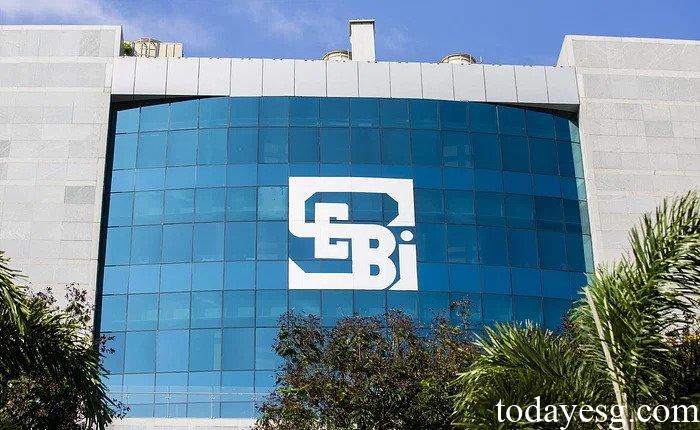SEBI Publishes ESG Consultation Paper
The Securities and Exchange Board of India (SEBI) issued a consultation paper to solicit opinions on the ESG disclosures of listed companies, the ESG rating of the securities market and the ESG investment in the asset management industry, so as to promote a more transparent and simplified development.
SEBI mentions that ESG has developed rapidly in recent years, and stakeholders such as listed companies, investors and regulators have put forward new requirements for the use of ESG information. However, in terms of the certification of ESG disclosure, the differentiation of ESG ratings and the risks of ESG investment, there is still more need to be streamlined and improved.
SEBI established the ESG Advisory Committee (EAC) last year to provide new development suggestions for ESG related issues. These suggestions are the main contents of the consultation document.
Suggestions on ESG Disclosures
SEBI has required 1000 listed companies (ranked by market value) to disclose ESG data in the financial year 2022 to 2023. These disclosures are based on the Business Responsibility and Sustainability Reporting (BRSR). SEBI made two adjustments to BRSR-based information disclosure in the consultation document:
- Introduce third-party certification in key ESG disclosures. SEBI requires listed companies to use KPIs to measure the application of environment, society and governance, and introduce third-party certification to enhance the credibility of information. Third-party certification will be based on the BRSR Core Framework to reduce compliance costs. SEBI plans to gradually promote compulsory certification in the next three years regarding the size of listed companies;
- Increase supply chain ESG disclosure of listed companies. SEBI believes that the ESG performance of the supply chain is also the focus of current investors. The use of natural resources, carbon emissions and other information are directly related to the supply chain. SEBI requires that supply chain ESG information be included in mandatory disclosure in 2025, and listed companies need to keep with the principle of comply or explain in the future;

Suggestions on ESG Rating
SEBI believes that different economies need to consider different methods in ESG rating. Therefore, it is necessary to develop a rating system that conforms to its own characteristics. SEBI proposes 15 social, environmental and governance rating indicators for the use of rating agencies according to recommendations by EAC.
In addition to the selection of rating indicators, SEBI also introduces third-party certification in ESG rating. SEBI requires rating agencies to provide a core ESG rating, and third-party certification agencies need to issue audit opinions on this core rating.
Suggestions on ESG Investment
For the asset management industry, SEBI has issued relevant documents to regulate ESG funds, such as requiring the fund name to reflect the ESG investment direction, requiring the fund documents to describe the ESG investment strategy in detail, and disclosing the active stewardship of the fund on the investee company. In the consultation document, SEBI proposed two measures to strengthen the active stewardship and curb the phenomenon of greenwashing:
- Increase the disclosure of ESG fund’s active stewardship. For the ESG drafts proposed by the listed company, the ESG fund needs to provide specific “in favor” or “against” information and explain the reasons. ESG funds can gradually increase the scope of disclosure beginning with the disclosure of specific cases;
- Establish a minimum asset investment ratio for ESG funds. SEBI requires that at least 65% of the assets of ESG funds should be invested in listed companies that comply with the BRSR framework. At the same time, the portfolio of ESG funds should be subject to compulsory certification to reduce greenwashing risk from 2024;
Reference:
Consultation Paper on ESG Disclosures, Ratings and Investing









